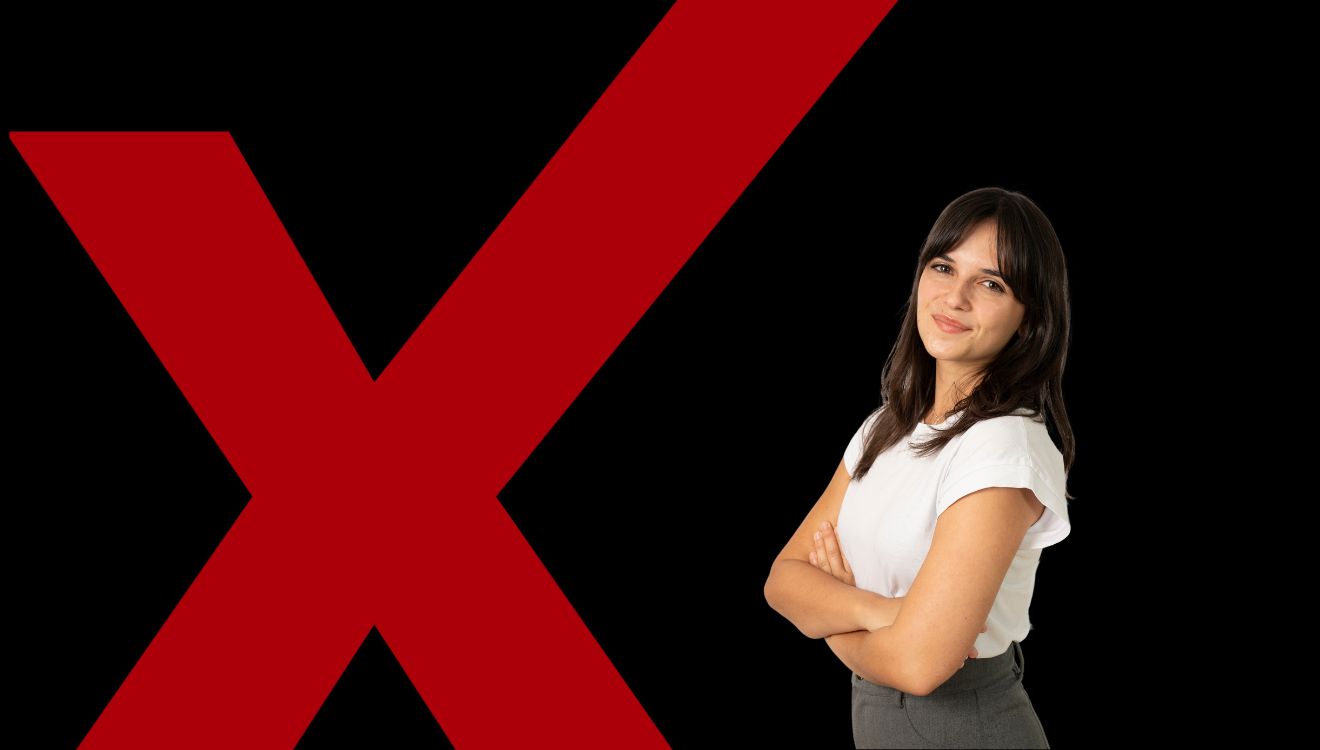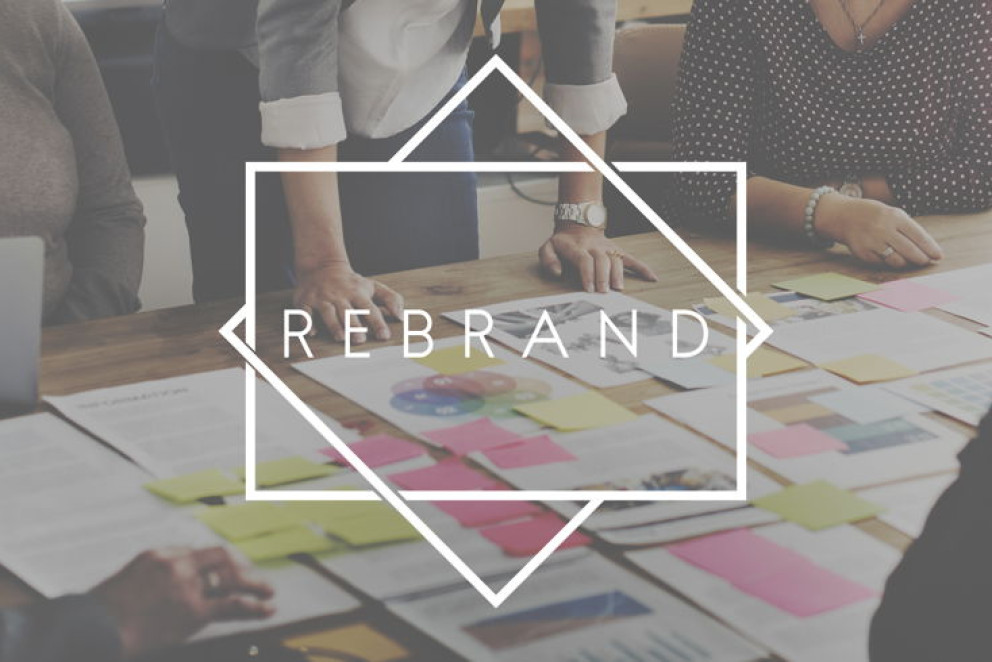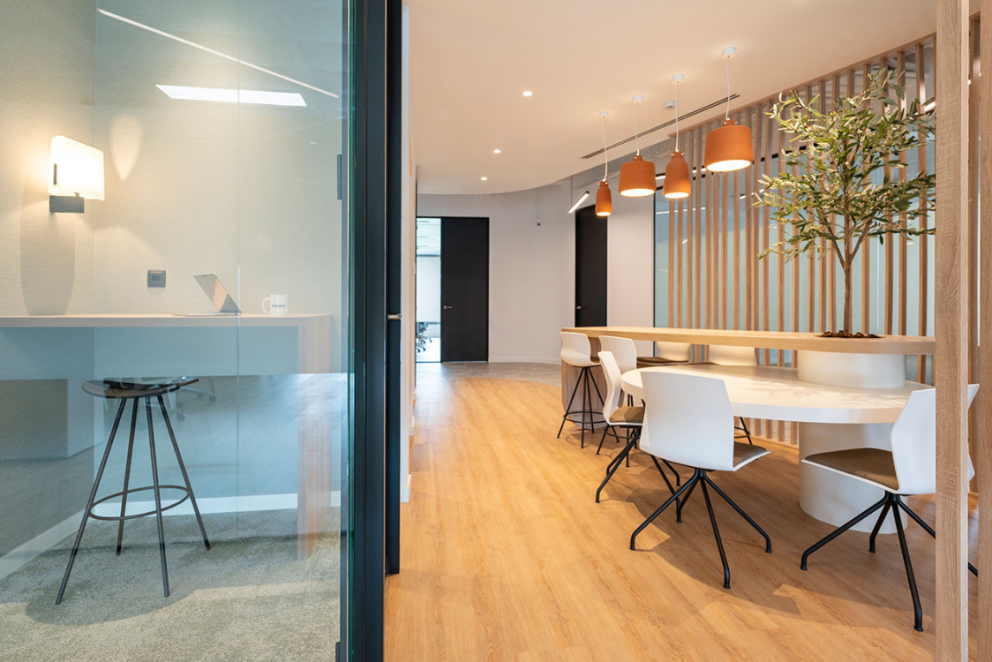Table of contents




Table of contents
Every day, I scroll through any social media platform where, often without intending to, different brands manage to catch my attention and create a new need. I also use my computer to make online purchases from stores that I could probably find around the corner, or to handle important tasks and avoid long queues at physical offices. Not to mention Fridays, when I can do office work from the comfort of my home. All of this leads me to reflect: why does the location of a business still matter when most people work, meet, and shop primarily through the internet?
In this increasingly digital reality, the main reason why location still matters is because we are physical beings, obviously. Even though e-commerce, virtual reality, and online work have integrated into our daily lives, geographic locations—with all their sensory, historical, cultural, and experiential context—still capture our attention or, in some cases, even provoke rejection. It doesn’t take much searching to find examples that prove this. If you think location isn’t important for a brand, just think about the controversy surrounding the FIFA World Cup headquarters in Qatar in 2022.
When it comes to branding, details do matter. The physical location of a brand has always played a crucial role in shaping its identity. A brand's connection to a specific place not only forms part of its identity but also influences its strategy and how it is perceived globally. I can’t think of a better example than Lexington. A Spanish company with an English name? That’s right. And, if you didn’t know, Lexington was the first coworking space operator in Spain, opening its doors over 40 years ago and drawing inspiration from the American model. Now it all makes sense, doesn’t it? 😉
Can you imagine if Patagonia⛰️, known for its connection to nature and commitment to sustainability, had a more futuristic and minimalist design? While it might seem interesting, it would also feel a bit odd.
A brand’s design must reflect the environment and values it operates within. That’s why Patagonia has built its identity around a strong and authentic image that mirrors its commitment to the environment, sustainability, and the very essence of Patagonia. Its branding conveys durability and functionality, exactly what its customers seek in products for adventure and outdoor living.
You might be interested
You might be interested
Key ways to Attract and Retain Talent in Your Business

María Luisa Navarrete


You might be interested
You might be interested
The corporate image: when is it best to do a rebranding?

Soraya Albaladejo


You might be interested
You might be interested
Design your offices in an efficient and modern way

Soraya Albaladejo


Location is a key factor in how we remember and perceive a brand. For example, placing an Apple store on one of the main avenues in San Francisco, a city emblematic in the tech world, not only facilitates access to potential customers but also reinforces its image of innovation and modernity. Similarly, a consulting firm established in the financial heart of Madrid would not only gain visibility but also strengthen its reputation as a leader in the industry.
Ultimately, location is crucial for a brand’s branding, but I also understand that securing a strategic location can seem like a challenge, especially for SMEs and startups. The good news is that flexible workspace and office operators have changed this reality. Flexible spaces, like those offered by Lexington, provide all types of companies with the opportunity to share premium locations and professional environments in high-prestige areas. The benefits are clear: gaining from a prominent location while reducing operational costs.
Written by

There’s no doubt Marta has turned her passion into her profession, as she channels all her creative concerns into photography, videos, texts, and designs that enrich our content. In addition to being an exceptional communicator. With her, every day is a journey through the world of digital creativity!
Related articles
Get up to date with flex
Subscribe to our newsletter to make sure you don't miss anything. On trend content you’ll be interested in.
Contact us
Request information
Solicitar información free pass
Request a quote
Visit our spaces
Trabaja con nosotros
Contact us
Work in a flexible space.
Optimize on costs compared to a conventional office
Estimation of costs compared to conventional office hire
0 people Office for
Select
5 people
10 people
15 people
25 people
Select a number of people and we’ll show you the expenses included in our flexible office hire.
Conventional office
Operational costs and supply costs:
€/month
+ opening expenses
Flexible office
Operational costs and supply costs:
Included
No opening expenses
Included in the monthly bill
€517.01/person
0€
2.264,24 €/person
0€
523,69 €/person
0€
Guarantee bond
6 months
Deposit
2 months
Since
12 months
Since
1 month
2-6 months
2 months
Request a quote